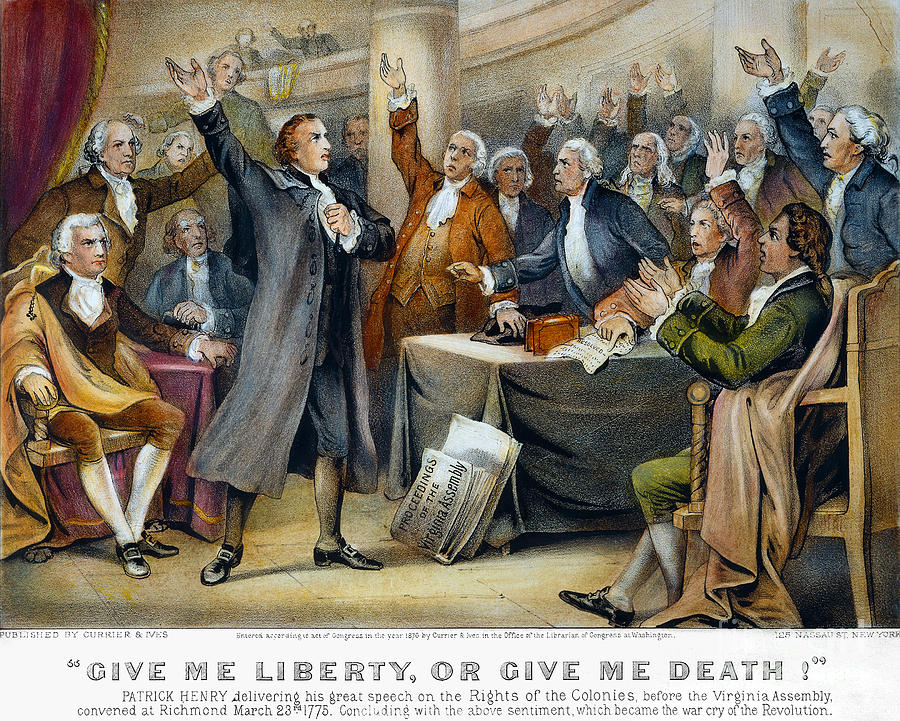Will The UK Write History Towards Freedom?
We are one week away from the EU referendum, the moment when the British people will be called upon to make a historic decision – will they vote to “Brexit” or to “Bremain”? Both camps have been going at each other with fierce campaigns to tilt the vote in their direction, but according to the latest polls, with the “Leave” camp’s latest surge still within the margin of error, the projected outcome is too close to call.
It is a rare moment in history. The British haven’t had their say since they voted to join the European Community back in 1975. What was initially thought of as a project to unite Europe into one common market, with benefits of free trade and great promises of increasing national wealth, has mutated into a completely different entity. The British have, instead, found themselves being dragged into a regional economy of zero growth and a weak Euro, and heavily indebted states. You may have come across the arguments of both camps, but here we wish to address what a “Brexit” or “Bremain” scenario would mean for Britain.
If the UK Bremains..
If the British vote to “Bremain”, Britain will start to operate with a “special status” within the union, after Prime Minister David Cameron reportedly renegotiated Britain’s relationship with the EU, in anticipation of the referendum. Cameron tried to change some of the rules of the agreement, to address the concerns of the British public that made them favor a Brexit in the first place. The matter of ‘sovereignty’ came first in the list of the most common anti-EU grievances, as the public felt the country no longer had a say in its own affairs, and was pressured to comply with EU regulations as part of the greater union. Cameron succeeded in having the UK released from any commitment to be politically integrated into the EU body, and there were talks about granting some autonomy and power to national parliaments, through the “red card mechanism” (i.e. if 55% of national parliaments object to one vote, they can block a proposal submitted by the European Commission). This proposal, however, does not in any way alter the UK-EU relationship, while it is also unlikely to be practically enforced, much like the preexisting “yellow” card that has only been used twice so far. Thus, British autonomy, specifically, remains unaddressed.

